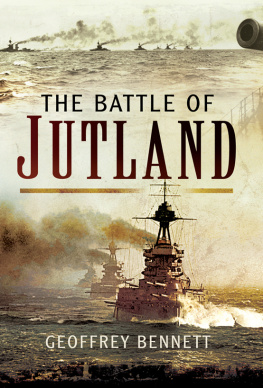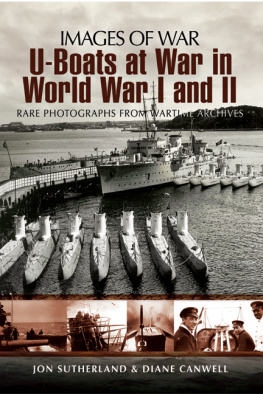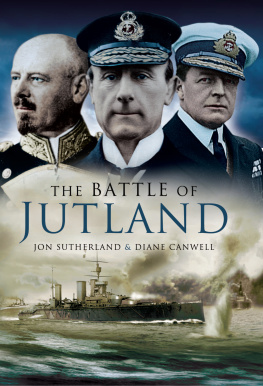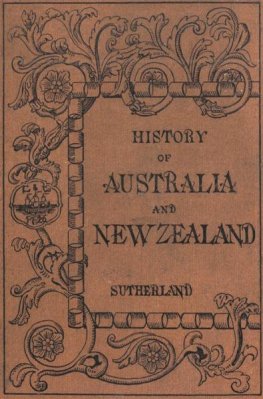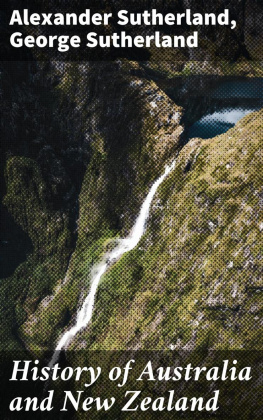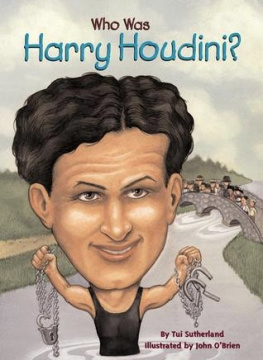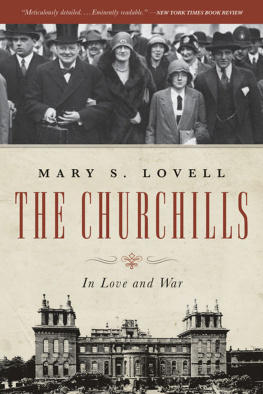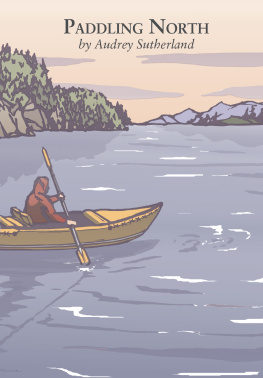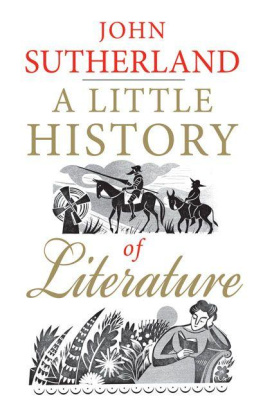First published in Great Britain in 2010 by
Pen & Sword Maritime
An imprint of
Pen & Sword Books Ltd
47 Church Street
Barnsley
South Yorkshire
S70 2AS
Copyright 2010 Jon Sutherland and Diane Canwell
ISBN 978 1 84884 256 4
Print ISBN: 978-1-84884-256-4
ePub ISBN: 9781844687800
The right of Jon Sutherland and Diane Canwell to be identified as Authors of this
work has been asserted by them in accordance with the Copyright, Designs and
Patents Act 1988.
A CIP catalogue record for this book is
available from the British Library
All rights reserved. No part of this book may be reproduced or transmitted in any
form or by any means, electronic or mechanical including photocopying, recording
or by any information storage and retrieval system, without permission from the
Publisher in writing.
Typeset by Acredula
Printed and bound in England
By MPG
Pen & Sword Books Ltd incorporates the Imprints of Pen & Sword Aviation,
Pen & Sword Family History, Pen & Sword Maritime, Pen & Sword Military,
Wharncliffe Local History, Pen & Sword Select, Pen & Sword Military Classics,
Leo Cooper, Remember When, Seaforth Publishing and Frontline Publishing
For a complete list of Pen & Sword titles please contact
PEN & SWORD BOOKS LIMITED
47 Church Street, Barnsley, South Yorkshire, S70 2AS, England
E-mail:
Website: www.pen-and-sword.co.uk
CHURCHILLS PIRATES
Introduction
The Royal Naval Patrol Service, variously nicknamed Harry Tates Navy, The Lilliput Fleet or Churchills Pirates, was a very special service. It had its own rules and regulations, its own silver badge, and its fleet consisted of literally hundreds of requisitioned vessels. These Minor War Vessels, as the Admiralty called them, consisted of drifters, paddle steamers, trawlers, tugs, whalers and yachts.
If they were armed at all they had vintage weapons. Their headquarters was the unlikely municipal gardens of the Sparrows Nest, close to Lowestoft High Street and boasting a concert hall, an open-air stage and conservatories. It first became HMS Pembroke X, a rallying point and base, initially for men of the Royal Naval Reserve and later for the Hostilities Only Men, who would become known as the Royal Naval Patrol Service. It was an assembly point for these men who were rapidly organised into crews and despatched to vessels scattered amongst the ports around Britain, to serve around the world. The Sparrows Nest ultimately became HMS Europa, a landlocked major naval vessel and the administrative headquarters for more than 70,000 men and 6,000 vessels.
As the majority of the men were reservists the Royal Naval Patrol Service became a navy within a navy. It quickly acquired its unofficial titles. The term Harry Tates Navy was an unofficial one and probably derived from the Scottish comedian Harry Tate. There are many theories as to how the service acquired this name. Undoubtedly Harry Tate was used as a slang term, possibly connected to the Merchant Navy title for the mate, or chief officer. Hence it may be linked to cockney rhyming slang. More broadly, it was a phrase used to describe something rather amateur. Harry Tate would often play a clumsy man who could never get to grips with contraptions. The Royal Navy used the term as a way of poking fun at the drifters and trawlers, although in time they would begin to appreciate one another and have a special camaraderie.
Because of the Royal Naval Patrol Services unwavering support from Winston Churchill the service readily accepted the second nickname of Churchills Pirates, since the men were predominantly more civilian than service orientated. They were proudly independent and coped with conditions on tiny vessels that were more reminiscent of the privateers than a regular naval force.
Lord Haw Haw dubbed them the Sparrows because of their connection with the Sparrows Nest, but it was meant in a derogatory way. Others called them the Lilliput Fleet, focusing on the size of the vessels rather than the immense job that they would perform throughout the course of the Second World War.
The service can trace its roots back way beyond the First World War, when it had been recognised that small ships were ideal for minesweeping and other wartime duties. For generations Britain had a massive fishing fleet, with thousands of trained seamen that could, in times of hostility, act as a ready reserve for the Royal Navy.
The Royal Naval Patrol Service, in its launches, fuel carriers, converted trawlers and drifters, naval seaplane tenders, corvettes and specifically-built vessels would serve in all theatres of the war, from the Arctic and the Atlantic, across the Mediterranean, the Indian Ocean and to the Far East. Perhaps their most significant contribution was to ensure that the coast of Britain was as clear of mines as was humanly possible.
It is difficult to estimate exactly how many vessels were deployed by the Royal Naval Patrol Service, but it is certainly around 6,000, of which there were at least 1,600 different types. In excess of 260 were lost in action in the Second World War, and around 15,000 Royal Naval Patrol Service personnel were killed. Nearly 2,400 of them have no other grave than the sea.
Although there was just one winner of the Victoria Cross from the service, Lieutenant Stannard, who was awarded it whilst in command of the trawler Arab during the 1940 Norwegian campaign, there were thousands of others who were given other awards for outstanding acts of bravery. Alongside them were many thousands more unsung heroes whose courage was never formally recognised.
The Royal Naval Patrol Service lives on, as does HMS Europa, in the form of the associations Stannard Room Museum, still situated amongst the buildings in the municipal park in Lowestoft. In the walls of the Europa Room some 850 men who won honours during the Second World War are listed, in addition to a list of over 200 more that were mentioned in despatches.
HMS Europa was decommissioned in 1946, and in October 1953 a memorial was unveiled by the then Admiral of the Fleet, Sir Rhoderick McGrigor. On its base were seventeen bronze panels, bearing the names of the 2,385 officers and men of the Royal Naval Patrol Service who died in action during the Second World War. A granite memorial, with a replica mine at the top, was unveiled in August 2009; seventy years after the service had been established. This was a fitting tribute to the forgotten fleet and the exploits of Churchills Pirates.
CHAPTER ONE
Royal Naval Reserve
In many respects, the traditions and origins of the Royal Naval Patrol Service can be traced back to the seventeenth and eighteenth centuries. Back then, there were never enough men that would voluntarily agree to join ships in time of war, let alone in peacetime. As a major maritime power, England needed fully manned vessels to be patrolling the worlds seas, to mount raids on rival powers, protect merchant shipping and resupply far-flung outposts of the empire.
Although by Second World War standards the ships were primitive, lacking in firepower, range and effectiveness, these vessels ensured that England remained and continued to grow to become the pre-eminent naval power in the world. Drastic measures were needed to find the volunteers to man the ships. Jails were often emptied and men were literally impressed into service. In fact impressments were where the bulk of the naval personnel were acquired.
By the end of the second decade of the nineteenth century, the global situation had changed to a large extent. Englands greatest danger since the time of the Spanish Armada, Napoleons France, had been defeated. Ships were laid off or mothballed awaiting the next major global conflict. The need for large numbers of volunteers had temporarily passed. However, it dawned on the government that it was one thing to have vessels mothballed and preserved to ensure that they would be serviceable when needed, it was quite another to have sufficiently trained and available men to sail them.



